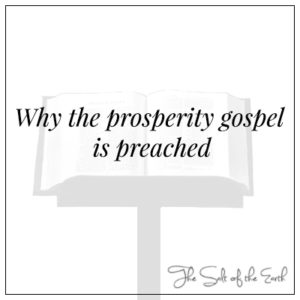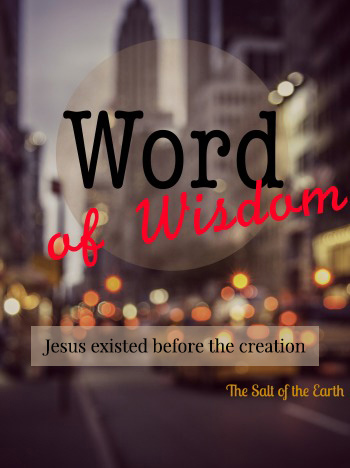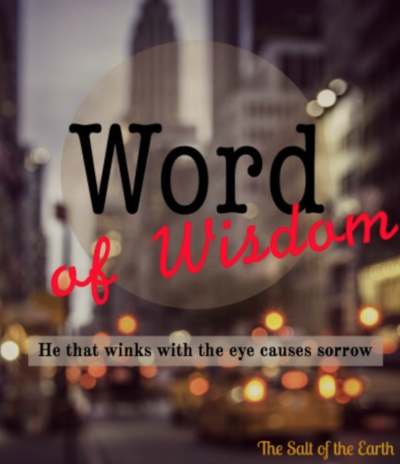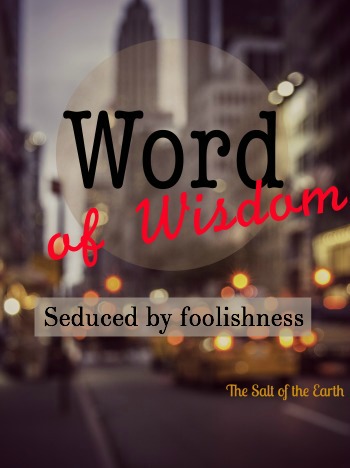Kāda ir Salamana pamācību nozīme 10:15, the rich man’s wealth is his strong city: the destruction of the poor is their poverty? What is wrong with riches and what is wrong with poverty according to the Bible?
The rich man’s wealth is his strong city
The rich man’s wealth is his strong city (Sakāmvārdi 10:15)
A rich man shall put his trust in his earthly riches and wealth. His wealth. His earthly possessions shall be his strong city. It will be the center and the purpose of his life. Therefore he shall try to gain as many possessions on this earth as possible.
In his eyes, his possessions will provide a certain security, protection, safety, independence, and authority. But this security is nothing more than a false appearance.
Because what will happen with all of his wealth, when his life comes to an end on earth? What happens with all his wealth and possessions?
When he dies, the rich man will not be able to take his wealth with him.
All his wealth can’t buy salvation, righteousness, and eternal life.
His wealth, which was his strong city, will be left behind on this earth and will be given to others (Psalmi 49:10,17)
Don’t put your trust in wealth and earthly possessions
God doesn’t want you to put your trust in earthly possessions; riches and wealth. Wealth can make you high-minded and cause you to walk in pride, which is not according to God’s will.
 Charge them that are rich in this world, that they be not highminded, nor trust in uncertain riches, but in the living God, who giveth us richly all things to enjoy; That they do good, that they be rich in good works, ready to distribute, willing to communicate; Laying up in store for themselves a good foundation against the time to come, that they may lay hold on eternal life (1 Timotejs 6:17-19)
Charge them that are rich in this world, that they be not highminded, nor trust in uncertain riches, but in the living God, who giveth us richly all things to enjoy; That they do good, that they be rich in good works, ready to distribute, willing to communicate; Laying up in store for themselves a good foundation against the time to come, that they may lay hold on eternal life (1 Timotejs 6:17-19)
Those, who are rich in this world, should not be high-minded and must always stay cautious and keep themselves from covetousness and greed.
They must remain watchful that they don’t develop a love for money and put their trust in their (uncertain) riches instead of the living God (Izlasi arī: Kad nauda kļūst par tavu dievu).
They are commanded to do good, with the riches they are entrusted with. They should be good stewards and give to the Lord and distribute to the poor, and not become selfish and greedy.
The destruction of the poor is their poverty
The destruction of the poor is their poverty (Sakāmvārdi 10:15)
Tomēr, on the other side, a poor person, who lives in poverty, shall always worry and be driven by a spirit of lack. The person shall murmur and complain and shall always need help from others and may develop a spirit of greed (covetousness), jealousy, and envy towards others.
A poor person doesn’t own any earthly riches, that will provide some safety, security, and independence.
Because of the lack, a poor person can develop a spirit of self-pity, jealousy, covetousness, and hate, which can be very dangerous concerning his salvation.
A poor person will always be needy and lacking, un tāpēc, the poverty in his life will cause destruction.
Don’t be driven by a spirit of lack
It is not God’s will, that anyone lives in poverty and experience lack. When people tell you, that it is God’s will to be poor and live in poverty, then this is a lie of the devil. Poverty leads to murmuring and complaining, jealousy, envy, greed, covetousness, and hatred towards other people, who don’t have any lack. These are carnal works, wherewith you can’t please God.
When a person is poor, he will not freely give, because what he gets, he will keep for himself. Poverty can also lead to theft and other criminal activities, which is also not according to God’s will.
Seek first His Kingdom and His righteousness
One of the many names of God is Jehovah Jireh, which means, that the Lord is your Provider. Since God is not a liar, He shall always supply your needs (like shelter, food, clothing, Uc.).
 Jesus says, that when you serve God and seek His Kingdom and His righteousness, you won’t have to worry about your daily needs (Metjū 6:25-33)
Jesus says, that when you serve God and seek His Kingdom and His righteousness, you won’t have to worry about your daily needs (Metjū 6:25-33)
God supplied Jesus’ vajadzībām, while Jesus was on this earth. Jesus didn’t lack anything. Tomēr, Jesus didn’t walk according to His own will and please Himself.
Jesus wasn’t focused on earthly possessions, riches, un bagātība, but He was focused on His Father, Viņa griba, His righteousness, un Viņa valstība. And the Father took care of His Son.
And it came to pass afterward, that He went throughout every city and village, preaching and shewing the glad tidings of the kingdom of God: and the twelve were with Him, And certain women, which had been healed of evil spirits and infirmities, Mary called Magdalene, out of whom went seven devils, And Joanna the wife of Chuza Herod’s steward, and Susanna, and many others, which ministered unto him of their substance (Luke 8:1-3)
When Jesus sent His disciples, He commanded them, to not take any provision with them. During their journey, the disciples didn’t lack anything. Because God supplied all their needs (Luke 22:35)
Through His poverty, we became rich
Some people say, that Jesus was poor. Because it is written, that Jesus became poor so that through His poverty, you might be rich (2 korintieši 8:9). But this verse has a whole other meaning and has nothing to do with money, bagātība, or earthly possessions.
Jesus became poor when He came from heaven to earth and when He was separated from His Father, when Jesus carried all the sins and iniquities of the world. Jesus became spiritually poor so that we could be made spiritually rich in Him (Izlasi arī: Rich through His poverty).
Let the Lord be your strong city
The Lord shall always provide, as long as you stay focused on the Lord and obey and serve Him. As long as God stays the center of your life, and He will be your strong city, then you don’t have to worry about anything.
The Father will take care of you. But you have to rely on Him and trust in Him completely, instead of relying on and putting your trust in money, riches, bagātība, people, possessions, Uc.
Remove far from me vanity and lies: give me neither poverty nor riches; feed me with food convenient for me; Lest I be full, and deny thee, un saki, Who is the Lord? or lest I be poor, and steal, and take the name of my God in vain (Sakāmvārdi 30:8-10)
Tāpēc, stay faithful to the Lord, and let Him be your strong city.
"Esi zemes sāls’


